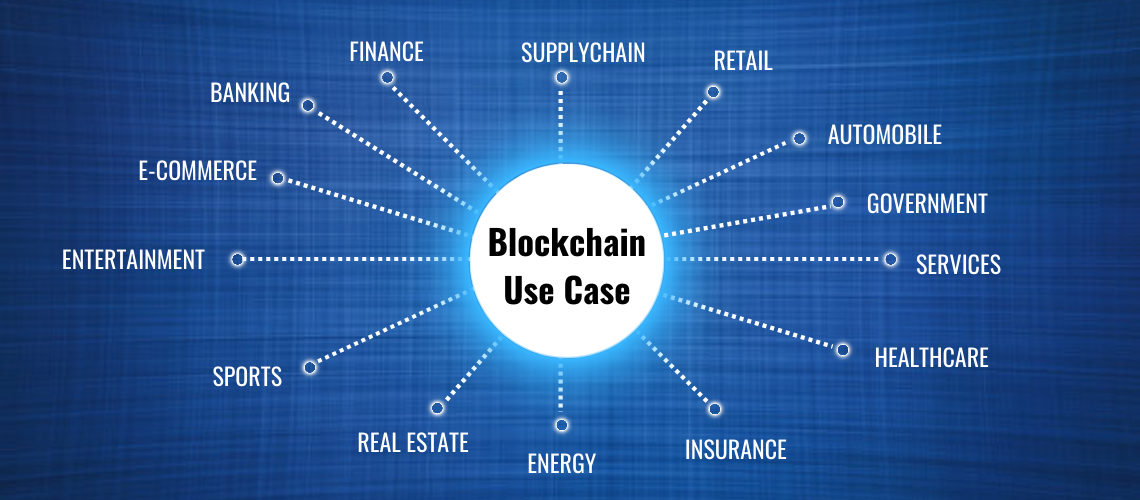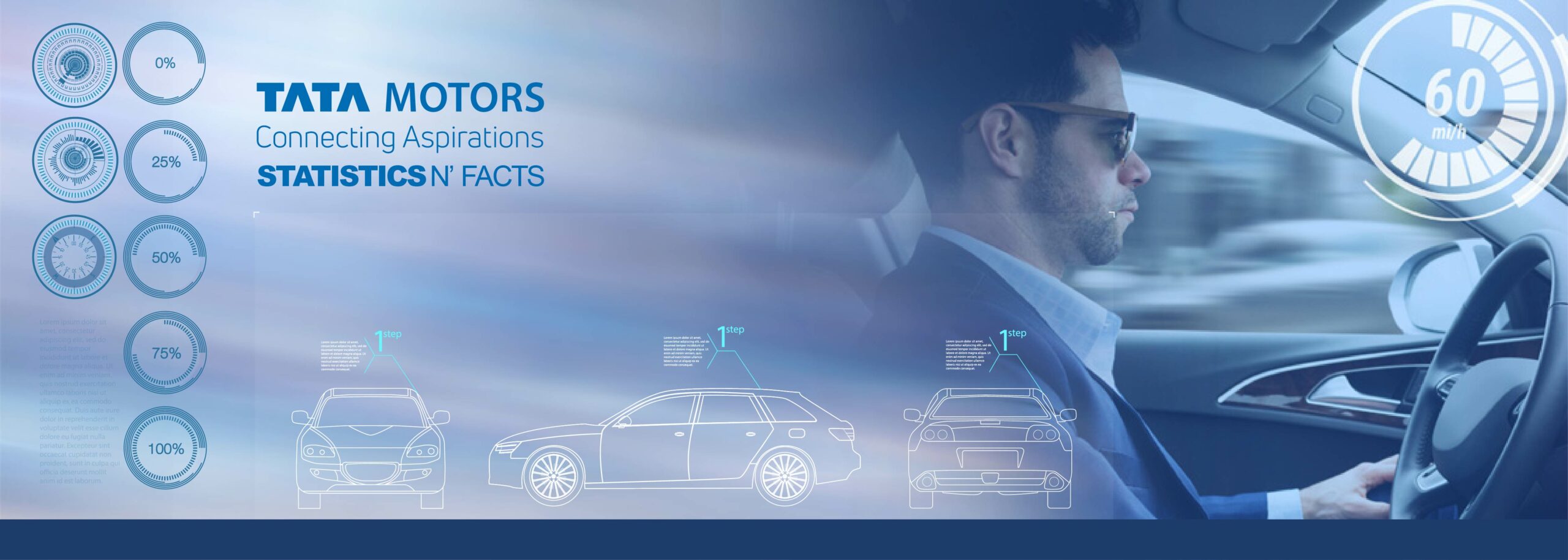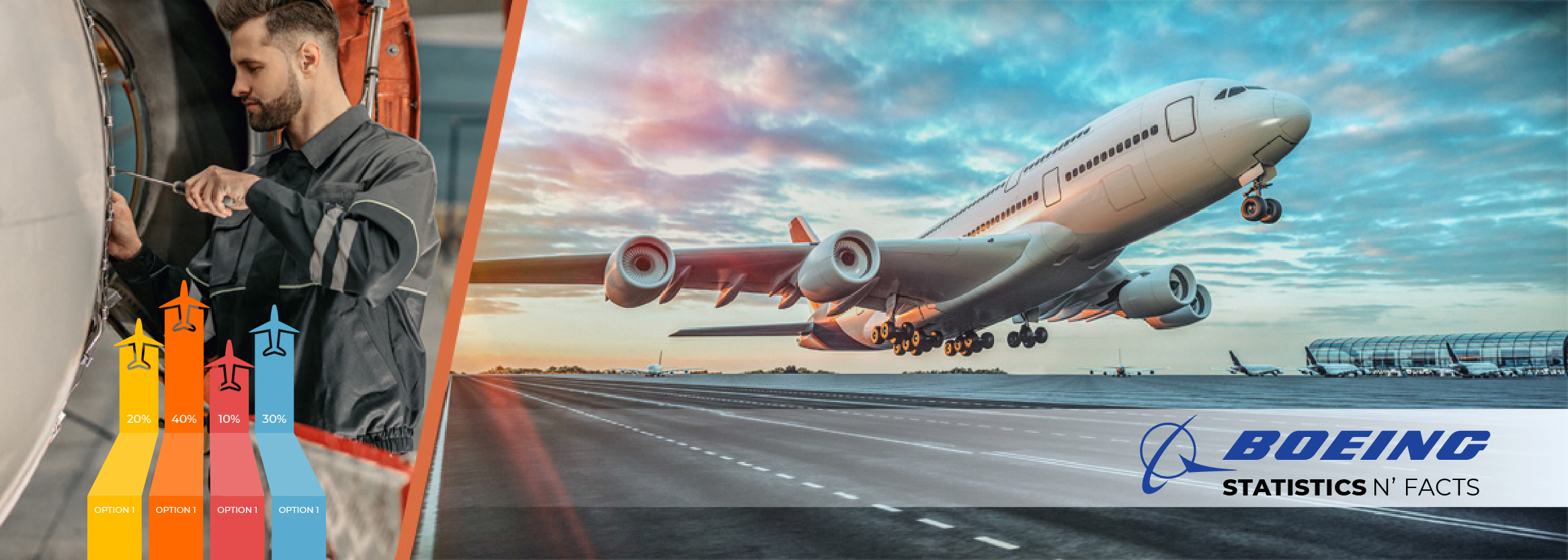Blockchain technology is a network of computers that protects a digital ledger of transactions from attack and modification. People can conduct secure transactions with one another using technology without the assistance of a middleman like a bank, the government, or any external entity. Cryptography connects blocks, an increasing collection of records.
A growing chain of data is added via peer-to-peer computer networks after each transaction has been independently verified and time-stamped. Once the information has been recorded, it cannot be modified. Despite becoming more well-known with the increasing use of Bitcoin, Ethereum, and other cryptocurrencies, blockchain technology offers exciting implications for legal contracts, asset sales, health records, and any other industry that needs to authorize and record a sequence of transactions.
Blockchain Applications
Beyond merely money transfers, blockchain is used for other purposes. Due to the system’s secure and transparent design can be modified to meet needs outside of one field of expertise. Sectors like energy, education, logistics, and others use blockchain’s benefits on a daily basis.
Blockchain Uses & Application

Highest Distribution of Blockchain Market Value by Sector
Global Spending on Blockchain Solutions from 2017 to 2024
List of Companies that Use Blockchain Technology
Blockchain users
| wdt_ID | Total Blockchain Users | 80,025,125 |
|---|---|---|
| 1 | Complete Blockchain Transactions | 696,251,416.00 |
| 2 | Worldwide Spending On Blockchain | 0.00 |
| 3 | % Of Bitcoin Owned By FBI | 1.50 |
| Total Blockchain Users | 80,025,125 |
Number of Cryptocurrency Users by Continent
Global Regions Receiving the Total Crypto Value
Top Public Companies Having the Most Amount of Bitcoin on Their Balance Sheet
Investment Made as Per Gender
Blockchain users
| wdt_ID | Total Blockchain Users | 80,025,125 |
|---|---|---|
| 1 | Complete Blockchain Transactions | 696,251,416.00 |
| 2 | Worldwide Spending On Blockchain | 0.00 |
| 3 | % Of Bitcoin Owned By FBI | 1.50 |
| Total Blockchain Users | 80,025,125 |
Blockchain Statistics:
The global market for blockchain solutions is expected to reach $11.7 billion by 2022.
The global market for blockchain technology will generate revenue of $20 billion by 2024.
As of March 2022, there were more than 81,000,000 registered blockchain wallets.
Blockchain technology can reduce infrastructure costs by up to 30% for banks.
Financial companies can save up to $12 million annually by using blockchain.
Incorporating blockchain technology in the healthcare sector will cost $5.61 billion by 2025.
1.5% of all bitcoins are owned by the FBI
Blockchain will become a major part of healthcare apps by 2025.
60% of CIOs plan to incorporate blockchain in their infrastructure by the end of 2022.
Blockchain-based cryptocurrencies could bring in as much as $1 billion to the global financial sector.
The industry of blockchain IoT is expected to grow at 40% annually between 2021 and 2026.
The global blockchain market will grow at a rate of 69% between 2019 and 2025.
The largest investor in blockchain technology is the banking industry with a 46% market share.
Over 83 million Blockchain wallets have been registered.
Mobile wallets are preferred by most consumers over other types.
In June 2021, there were 2.58 transactions per minute
The cost of incorporating Blockchain into healthcare could reach $5.61 Billion by 2025.
Half of all CIOs in different industries plan to incorporate blockchain technology into their infrastructure by 2022.
Blockchain was mentioned by 53% of C-level executives in 2020 as an essential part of their organizational infrastructure.
90% of all commercial blockchain platforms will need to be up-to-date by 2021.
According to 40% of senior executives in health, blockchain is one of the top five priorities.
Over 80% of global central banks are looking into establishing their own cryptocurrency.
The market for the Internet of Things (IoT), will reach $1,463.2 million by 2027.
Blockchain technology has enabled more than $270 billion in transactions to be distributed and managed.
The FBI has 1.5% of all bitcoins.
Blockchain technology is used by 0.5% of the people in the world.
Ripple owns $30 billion worth of XRP assets.
Blockchain adoption is driven by secure information exchange. Other major drivers for blockchain adoption include improved access to financial instruments and payments.
Nearly 80% worldwide of central banks are looking into launching their own cryptocurrency.
A Deloitte survey found that 86% believe Blockchain technology can improve our integration to more seamless business processes.
The same survey revealed that 91% of respondents expected to see a quantifiable, verifiable return in five years on their investments in blockchain.
60% of chief information officers in all industries are considering incorporating blockchain technology into their infrastructure.
53% of C-level executives recognized blockchain as an essential component of corporate infrastructure.
Blockchain in agriculture and food will be worth $1.48 Billion by 2026.
Blockchain will be a major contributor to the commercialization of more than $3.1 trillion by 2030.
The Internet of Things (IoT), will be worth approximately $1,463.2 million by 2027.
52% of FSIs believe that blockchain will prove useful in customer verification.
A Deloitte poll found that 86% of tech-savvy employees believe Blockchain has significant benefits.
A Deloitte survey found that 68% of executives believe data security and privacy is the most critical area to improve in order to accelerate blockchain implementation.
Blockchain will be used in 55% of healthcare applications by 2025.
Blockchain applications are available in China by more than 100 companies.
Blockchain technology has been used in the transfer of assets worth more than $270 billion.
South Korea’s Blockchain Market Value began at $20.1 billion in 2016 and is projected to grow to $356.2 billion by 2022.
Blockchain gaming is predicted to reach $39.7 billion in 2025.








